

Tao Te Ching

Consumerism
In his book, Hidden History, Boorstin describes how the process of becoming a hero led to the process of becoming a celebrity with the advent of advertising. Instead of becoming respected and revered because of wisdom, virtue, and compassion; people became famous for being famous without any deeper qualities. PR firms took the place of good deeds in creating fame. This same dynamic seduces the average consumer into believing that happiness, acceptance, and appreciation arise from buying and accumulating things rather than from becoming a better person. Based on the false belief in “basic badness” and ignoring our true nature, it sets our sights on goals diametrically opposed to our true happiness. Believing the advertising and taking on the role of the donkey always chasing the unreachable carrot, we chase after material things, dedicate our lives to making money and only burden ourselves with anxiety and worry. When we experience the meaningless emptiness of continually accumulating and consuming; our materialistic attitudes dissolve by themselves and we begin to discover the profound brilliance, the sacredness of life.
Quotes (82)
“Every man is a consumer but should be a producer.”
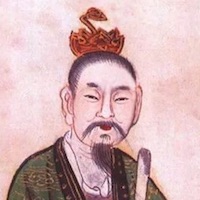
“When you do not crave what is useless, you do not hurt your nature by greed... If you are endlessly greedy and ambitious, then penalties will kill you.”
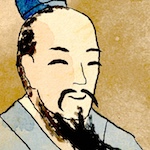
“When Lao Tan and Yin Hsi heard of people who considered accumulation as deficiency, they were delighted.”
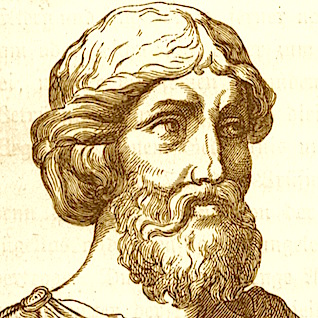
“Because this is not easy to do without servility to mobs or monarchs, a free life cannot acquire many possessions—yet it possesses all things in unfailing abundance.”

“The gentleman makes things his servants. The petty man is servant to things.”

“Merchants were the great men of the earth, because all the nations were deceived by their sorcery.”
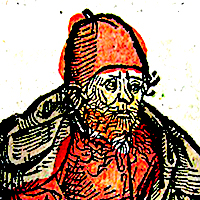
“Forbidden pleasures alone are loved immoderately; when lawful, they do not excite desire.”

“He is a wise man who does not grieve for the things which he has not, but rejoices for those which he has.”

“Your possessions should be proportionate to the needs of your body, just as the shoe should fit the foot.”

“Attachment to seemingly concrete objects is always a cause for suffering. But these objects of desire have no real existence.”
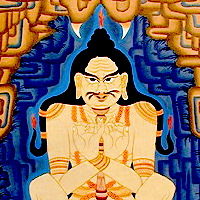
“What is the nature of sky? How can you desire it, how can you think about it at all?”

“Those who look for seashells will find seashells; those who open them will find pearls.”
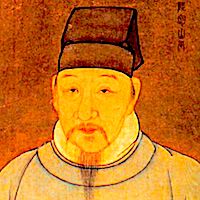
“Ordinary people are sunk in sound, color, wealth, and power—their true mind and pure nature become obscured.”

“Gold, houses, estates, garments, paintings... offer a mutable and superficial pleasure but books give delight to the very marrow of one's bones. They speak to us, consult with us, join with us in a living and intense intimacy.”
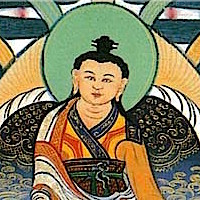
“Ordinary mind is seduced by trivial sense objects in all their variety. Beings are deceived by misconstruing what is not dualistic as dualistic.”

“Dismiss thoughts that prize so much what is really only food for worms, fire, vultures, and jackals.”

“If a person possess all things, they cannot be content—the greater their possessions, the less will be their contentment, for the heart cannot be satisfied with possessions, but rather only in detachment from all things.”

“Men who seek happiness are like drunkards who can never find their house but are sure that they have one.”
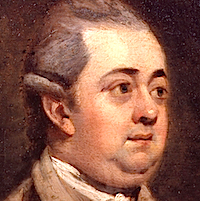
“Refinements—under the odious name of luxury—have been severely arraigned by the moralists of every age; and it might perhaps be more conducive to the virtue, as well as happiness of mankind, if all possessed the necessaries, and none the superfluities of life. But in the present imperfect condition of society, luxury—though it may proceed from vice or folly—seems to be the only means that can correct the unequal distribution of property.”
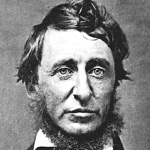
“Most of the luxuries and many of the so-called comforts of life are not only not indispensable, but positive hindrances to the elevation of mankind.”
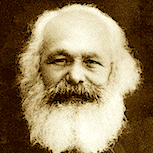
“Private property has made us so stupid and partial that an object is only ours when we have it, when it exists for us as capital … Thus all the physical and intellectual senses have been replaced by … the sense of having.”

“the 'productive' worker cares as much about the crappy shit he has to make as does the capitalist himself who employs him, and who also couldn't give a damn for the junk.”
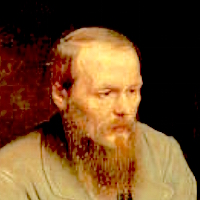
“The world has proclaimed freedom but what do we see in this? Our culture says, 'try to satisfy all of your desires and even multiply them' but what follows from this? In the rich, isolation and spiritual suicide; in the poor, dissatisfaction, envy, and crime.”

“The world says: ‘Don't hesitate to satisfy your needs; indeed, expand your needs and demand more.’ This is the worldly doctrine of today and they believe that this is freedom. The result for the rich is isolation and suicide, for the poor, envy and murder.”
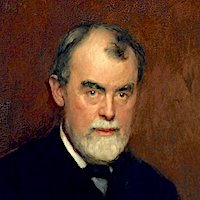
“the mass of mankind will acquiesce in any arrangement which gives them better food and clothing at a cheaper rate”
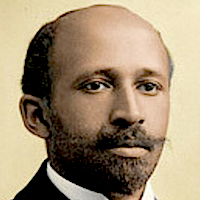
“the most extraordinary characteristic of current America is the attempt to reduce life to buying and selling…All life is production for profit, and for what is profit but for buying and selling again?”

“Let us ask the Gods not for possessions, but for things to do; happiness is in making things rather than consuming them.”

“Already madness lifts its wing to cover half my soul. Now everything is clear... Nothing I counted mine, out of my life, is mine to take...”

“Armaments, universal debt, and planned obsolescence—those are the three pillars of Western prosperity. If war, waste, and moneylenders were abolished, you'd collapse. And while you people are over consuming the rest of the world sinks more and more deeply into chronic disaster.”

“Armaments, universal debt, and planned obsolescence—those are the three pillars of Western prosperity. If war, waste, and moneylenders were abolished, you'd collapse.”

“What matters most are the simple pleasures so abundant that we can all enjoy them...Happiness doesn't lie in the objects we gather around us. To find it, all we need to do is open our eyes.”

“Modern man has transformed himself into a commodity; he experiences his life energy as an investment with which he should make the highest profit, considering his position and the situation on the personality market.”
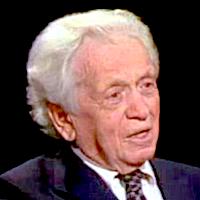
“In our rich consumers' civilization we spin cocoons around ourselves and get possessed by our possessions.”

“Americans are bred like stuffed geese – to be consumers, not human beings. The moment they stop consuming and buying, the frog-skin world has no more use for them. They have become frogs themselves… this is the real world, not the Green Frog Skin World. That’s only a bad dream, a streamlined, smog-filled nightmare.”
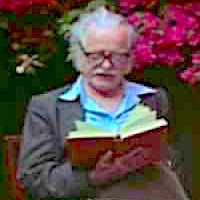
“I write for one and only one purpose, to overcome the invincible ignorance of the traduced heart. […] I wish to speak to and for those who have had enough of the Social Lie, the Economics of Mass Murder, the Sexual Hoax, and the Domestication of Conspicuous Consumption.”

“Meaningless work is an abomination... reject meaningless, boring, stultifying, or nerve-racking work [where you are] made the servant of a machine or a system.”
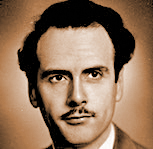
“Advertisers discovered that real news is bad news, that good news gets very little attention.”

“The myth of unlimited production brings war in its train as inevitably as clouds announce a storm.”
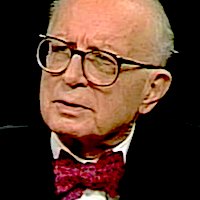
“[We live in a world] whose rhetoric is advertising, whose standard of living has become its morality”
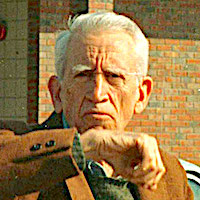
“Take most people, they're crazy about cars. They worry if they get a little scratch on them, and... if they get a brand-new car already they start thinking about trading it in for one that's even newer... I'd rather have a goddam horse. A horse is at least human, for God's sake.”

“Every American wants MORE MORE of the world… But the mistake made in America is persons accumulate more more dead matter… at the expense of what really counts… You own twice as much rug if you're twice as aware of the rug.”
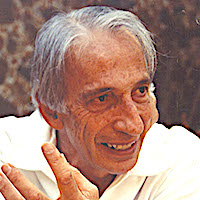
“In a consumer society there are inevitably two kinds of slaves: the prisoners of addiction and the prisoners of envy.”

“When we have peace, then we have a chance to save the planet. But if we are not united in peace, if we do not practice mindful consumption, we cannot save our planet.”

“Billboards, billboards, drink this, eat that, use all manner of things, everyone, the best, the cheapest, the purest and most satisfying of all their available counterparts. Red lights flicker on every horizon”
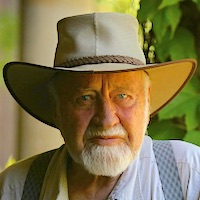
“The greatest change we need to make is from consumption to production, even if on a small scale, in our own gardens. If only 10% of us do this, there is enough for everyone.”

“Instead of citizens, it produces consumers. Instead of communities, it produces shopping malls. The net result is an atomized society of disengaged individuals who feel demoralized and socially powerless.”
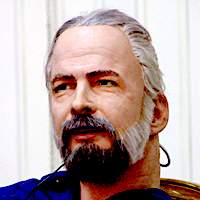
“Worthless money, worthless article purchased; it has a sort of logic to it.”

“In the absence of the sacred, nothing is sacred - everything is for sale.”

“We must use our lives to make the world a better place to live, not just to acquire things. That is what we are put on the earth for.”
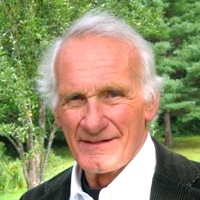
“we cannot be justified in owning what we do not need to use or plan to use... Consumption is an activity so different from gainful labor that it shows itself in the mode of leisure, even indolence.”
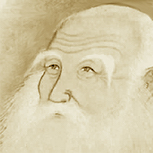
“The difference between what we want and what we need is how much we can fit into our van.”

“We Americans are not usually thought to be a submissive people, but of course we are. Why else would we allow our country to be destroyed? Why else would we be rewarding its destroyers? Why else would we all — by proxies we have given to greedy corporations and corrupt politicians — be participating in its destruction?”

“In this state of total consumerism - which is to say a state of helpless dependence on things and services and ideas and motives that we have forgotten how to provide ourselves - all meaningful contact between ourselves and the earth is broken.”
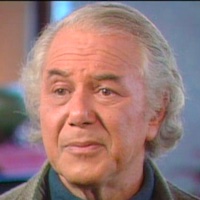
“When the mind and heart are undeveloped or corrupt, no laws or economic system, however wisely conceived, can bring about the Good... Without this inner aim, economics turns us into consumers, rather than creators.”
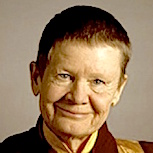
“all addictions stem from this moment when we meet our edge and we just can't stand it... the rampant materialism that we see in the world stems from this moment.”
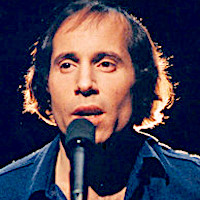
“And the people bowed and prayed to the neon God they made and the sign flashed its warning, in the words that it was forming”
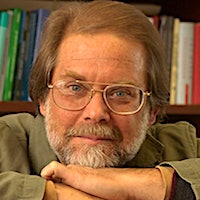
“Our economic system promotes and requires greed in at least two ways: desire for profit is necessary to fuel the engine of economic growth and consumers must be insatiable in order to maintain markets for what can be produced.”
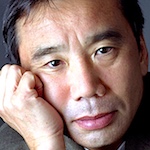
“Illusion, once you’ve got an illusion going, it can function on the market like any other product. Advanced capitalism churning out goods… give it a pretty name, a pretty package, and you can sell it.”
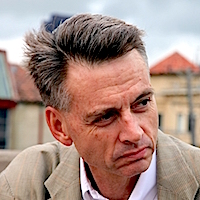
“Pleasure is designed by natural selection to evaporate so that the ensuing dissatisfaction will get us to pursue more pleasure.”
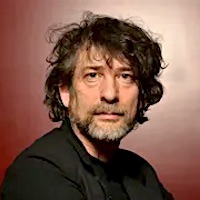
“There are new gods growing in America, clinging to growing knots of belief: gods of credit card and freeway, of Internet and telephone, of radio and hospital and television, gods of plastic and of beeper and of neon. Proud gods, fat and foolish creatures, puffed up with their own newness and importance.”
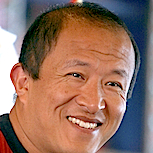
“If it were not for certain people's greed for wealth, the highways would be filled with cars powered by the sun, and no one would be starving. Such advances are technologically and physically possible, but apparently not emotionally possible.”

“Proud families spend fortunes on a one-day wedding ceremony for a marriage that may or may not last, while on the same day, in the same village, people are dying of starvation.”
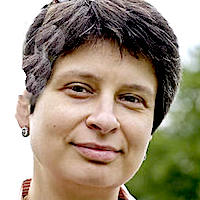
“Aldous Huxley predicted, ‘What we love will ruin us’ and described a human race destroyed by ignorance, lust for constant entertainment, technology, and too many goods.”
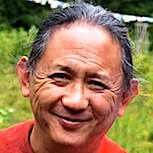
“Immersed in consumerism, how can we break away from this culture of addiction? We will need inner discipline and we'll need to choose a lifestyle of minimum needs and maximum contentment.”

“Very often, finite-minded leaders believe the source of will is externally motivated—pay packages, bonuses, perks or internal competition. If only that's all it took to inspire a human being! Money can buy a lot of things but it can't buy true will... the difference between an organization filled with mercenaries versus one filled with zealots. [ cf. Russian mercenaries and draftees vs the inspired Ukrainians defending their home. ]”
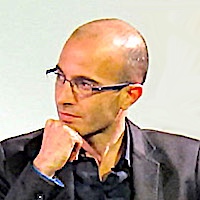
“Consumerism tells us that in order to be happy we must consume as many products and services as possible. If we feel that something is missing or not quite right, then we probably need to buy a product... Every television commercial is another little legend about how consuming some product or service will make life better.”

“We believe that buying more stuff will make us happy because we saw the capitalist paradise with our own eyes on television.”

“if we are serious about protecting the planet's resources, it is indispensable that we find it in ourselves to change our feelings toward and our habits of consumption.”

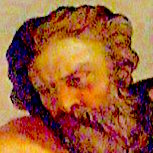
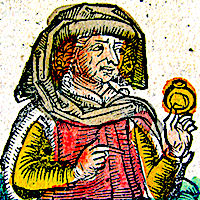





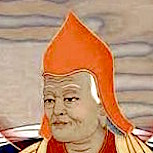
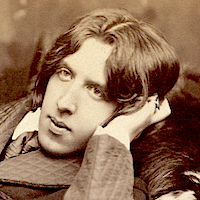
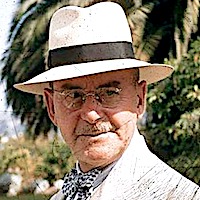
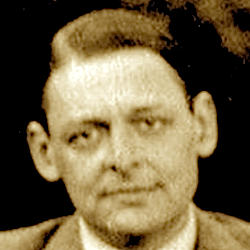
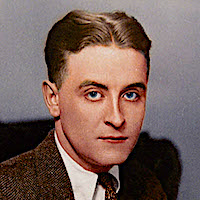
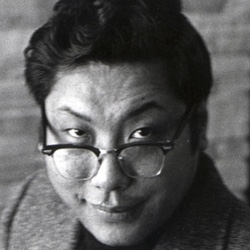
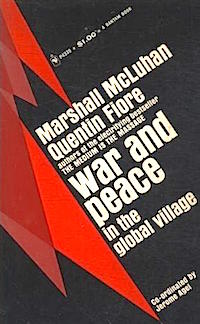
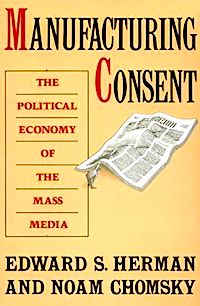
Comments (0)